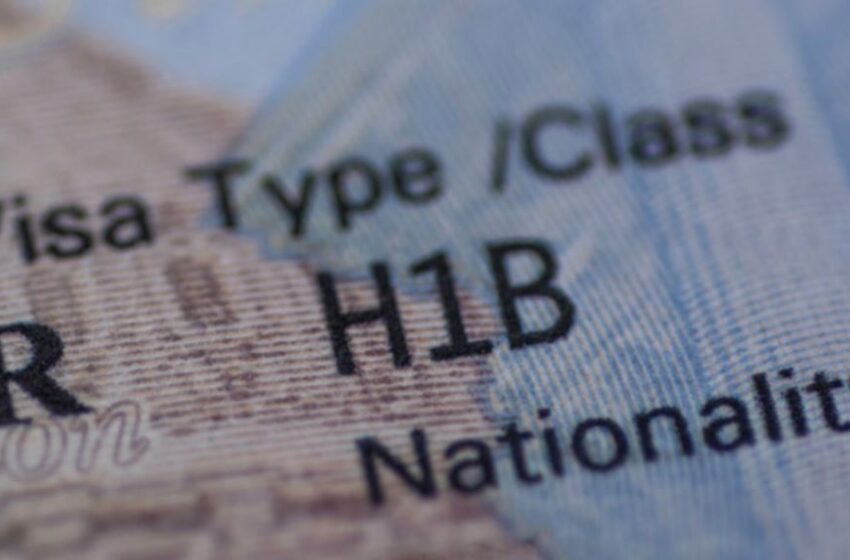
US lawmaker moves bill to double H-1B visas
Washington, July 19 (IANS) A US lawmaker has introduced legislation proposing to double the annual intake of foreign workers on H-1B visas, a short-term work permit that has been a gateway for Indians to work, live and, eventually, seek citizenship of this country.
The bill introduced last Friday by Raja Krishnamoorthi, an Indian-descent Democratic lawmaker, seeks to boost the annual H-1B visas from 65,000 to 130,000.
The US runs the H-1B visa programme to make up for the shortage of speciality workers, although critics have argued that the shortage is highly exaggerated and that the programme is being used by American companies to use less expensive foreign workers brought here by IT services companies.
An estimated 75 per cent of the H-1B visa granted in a year add up to 85,000 — 65,000 workers hired abroad and 20,000 recruited from foreign students enrolled in US colleges and universities — are known to go workers from India, hired by some of the largest US tech giant such as Amazon, Microsoft, Google and Facebook as well as IT services behemoths like Infosys, TCS and Wipro.
Krishnamoorthi said in a press announcement on Tuesday that the expansion of the H-1B visa programme will help American companies get workers for direly needed positions. He is calling the legislation the HIRE Act, short for High-Skilled Immigration Reform for Employment.
“Creating jobs and building the economy of the future requires us to lead the way in technology by developing our domestic workforce while drawing the best talent from around the world,” said Krishnamoorthi. “That is why I am proud to introduce the HIRE Act to increase investments in elementary and secondary school STEM education while doubling the number of available H-1B visas from 65,000 to 130,000. By investing in our homegrown talent while attracting the best minds from around the world, we can create better-paying jobs and harness the technology of tomorrow.”
The legislation also seeks to address the shortage of skilled workers at home here in the US by funding STEM (Science, Tech, Engineering and Math) streams in schools.
“The US needs to maintain its leadership in technology and innovation,” Vinay Mahajan, president of an advocacy group for IT services companies, said in the same announcement. “The startup eco-system needs to be supercharged. One critical component of both is high-skilled workers. The US has a large skills gap — availability of workers vs the openings for talent in IT. The HIRE Act focuses on reducing this gap through high-skilled immigration and funding for growing local STEM talent. We need the brightest minds from all over the world to keep our wide lead in technology and innovation.”
